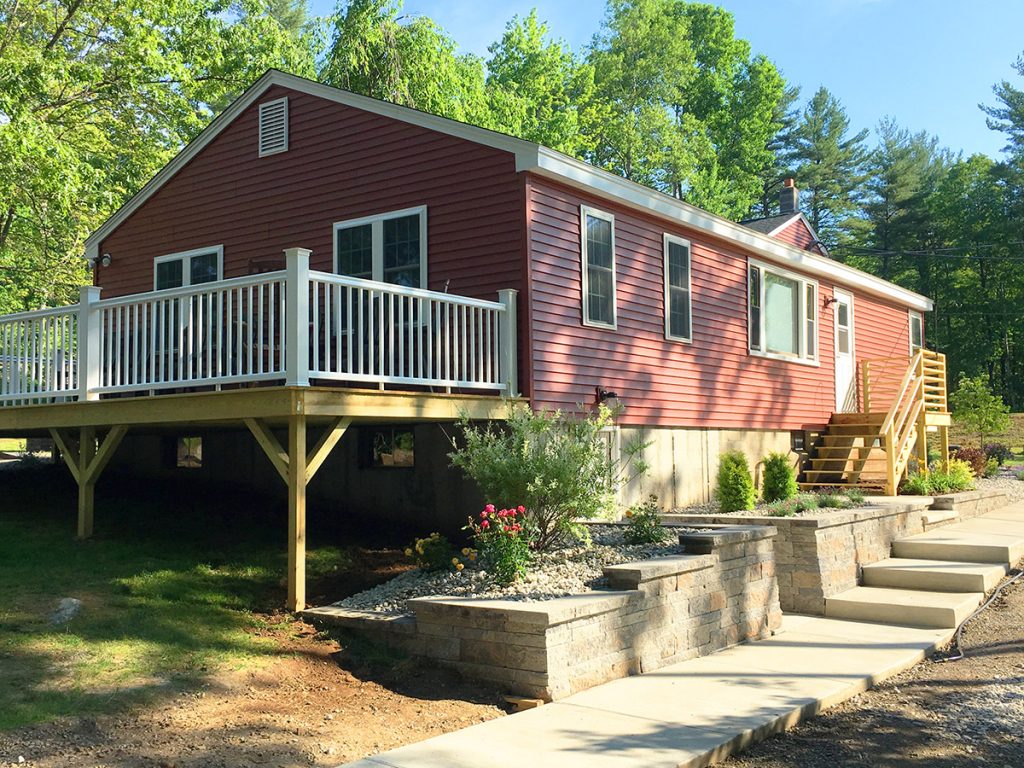
Dementia is a difficult disease to navigate because it is fraught with so much uncertainty, both for the patient and their caregivers. The novelist Laurie Graham, who lost her husband to dementia, has said, “None of us wants to be reminded that dementia is random, relentless, and frighteningly common.”
She’s right. It is very common — more than 55 million people have dementia worldwide; however, that doesn’t mean the answers about how to approach dementia care are clear or in any way obvious.
That’s why we’re offering our guide, based on our experience and expertise, to help you evaluate when 24-hour dementia care might be needed for your loved one.
When dementia requires round-the-clock care
Even when it’s evident that round-the-clock care is required for a person diagnosed with dementia, the fact is the decision to secure that care is emotional and can be complicated by financial concerns or restraints.
Setting those aside for the moment, here are the tangible boxes that, if checked, would evidence that 24-hour care is not only appropriate, but ideal.
Safety concerns
As dementia progresses, individuals may face challenges in maintaining their safety. Frequent falls, wandering, and confusion about their surroundings can put them at risk. If safety becomes a consistent concern, it may be an indicator that 24-hour care is needed.
Inability to perform daily activities
Dementia can impact an individual’s ability to carry out daily activities independently. If tasks like dressing, bathing, and preparing meals become increasingly challenging or impossible, it may be time to consider 24-hour care.
Sleep disturbances
Disrupted sleep patterns are common in dementia. If your loved one experiences frequent disturbances, leading to sleepless nights and increased agitation, they may need constant support.
Aggressive behavior
Dementia can sometimes manifest as aggression or irritability. If your loved one exhibits aggressive behavior that poses a risk to themselves or others, a 24-hour care setting with trained professionals is likely the safest and best solution.
Decline in cognitive function
Noticeable declines in cognitive function, such as difficulty recognizing familiar faces, forgetting names, or getting lost in familiar places, could indicate the need for continuous supervision and care, particularly to protect against situations resulting in a silver alert.
Why 24-Hour care is critical for dementia patients
In light of the above criteria, it’s easy to understand why providing 24-hour care for dementia patients can be crucial for their safety, well-being, and quality of life. Trained caregivers in assisted living facilities are equipped to handle the unique challenges associated with dementia, ensuring that individuals receive the support they need around the clock.
After all, few individuals or families can expect to take on the considerable responsibility that comes with caring for a dementia patient on a 24-hour basis.
Recognizing the benefits of 24-hour care
- Immediate assistance: With constant supervision, caregivers can respond promptly to any emergencies or challenges that may arise, ideally minimizing the severity of the situation, containing a problem before it becomes critical.
- Structured routine: A structured daily routine can be immensely beneficial for individuals with dementia, providing a sense of security and predictability. Again, this can be difficult for families to manage on their own, which is why professional caregiving for dementia patients is often the most appropriate solution.
- Specialized support: Trained professionals in dementia care understand the specific needs of individuals with cognitive decline, offering specialized support and engagement, which can include anticipating an issue before it becomes one.
Making the decision to transition to 24-hour care for a loved one with dementia is undoubtedly a difficult one. By recognizing the signs and understanding the benefits of continuous support, you can ensure that your loved one receives the care and attention they need in a compassionate and supportive environment.
Our team has helped countless families navigate this challenge. We invite you to reach out to us with any questions or concerns.




